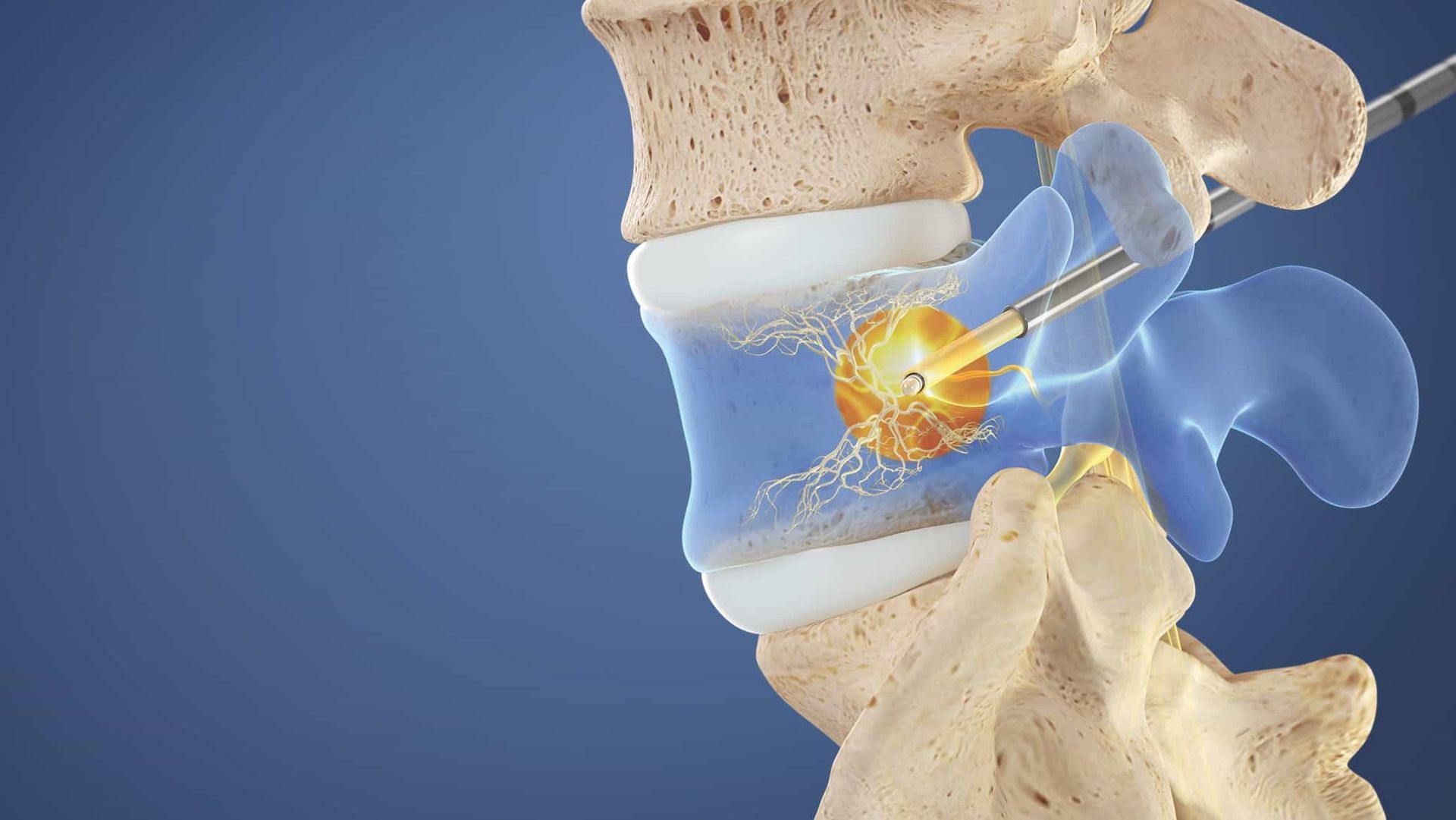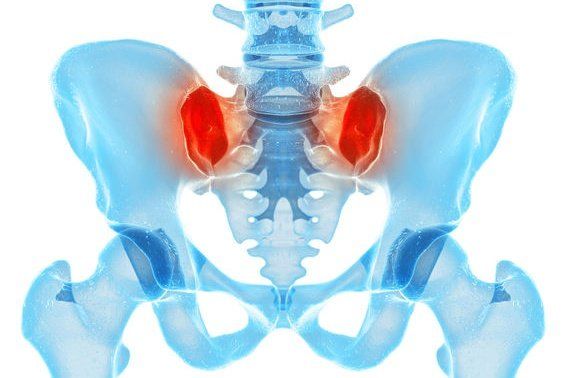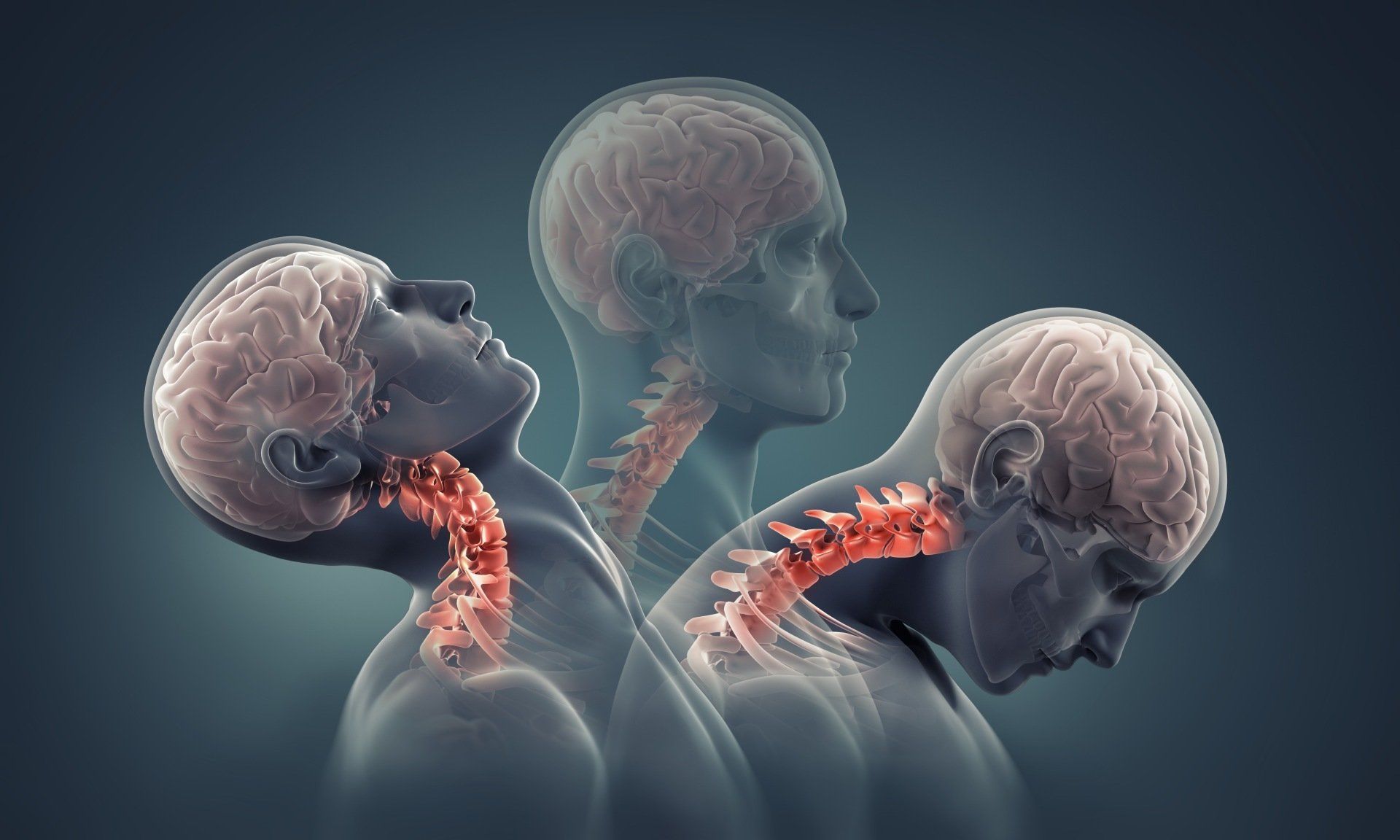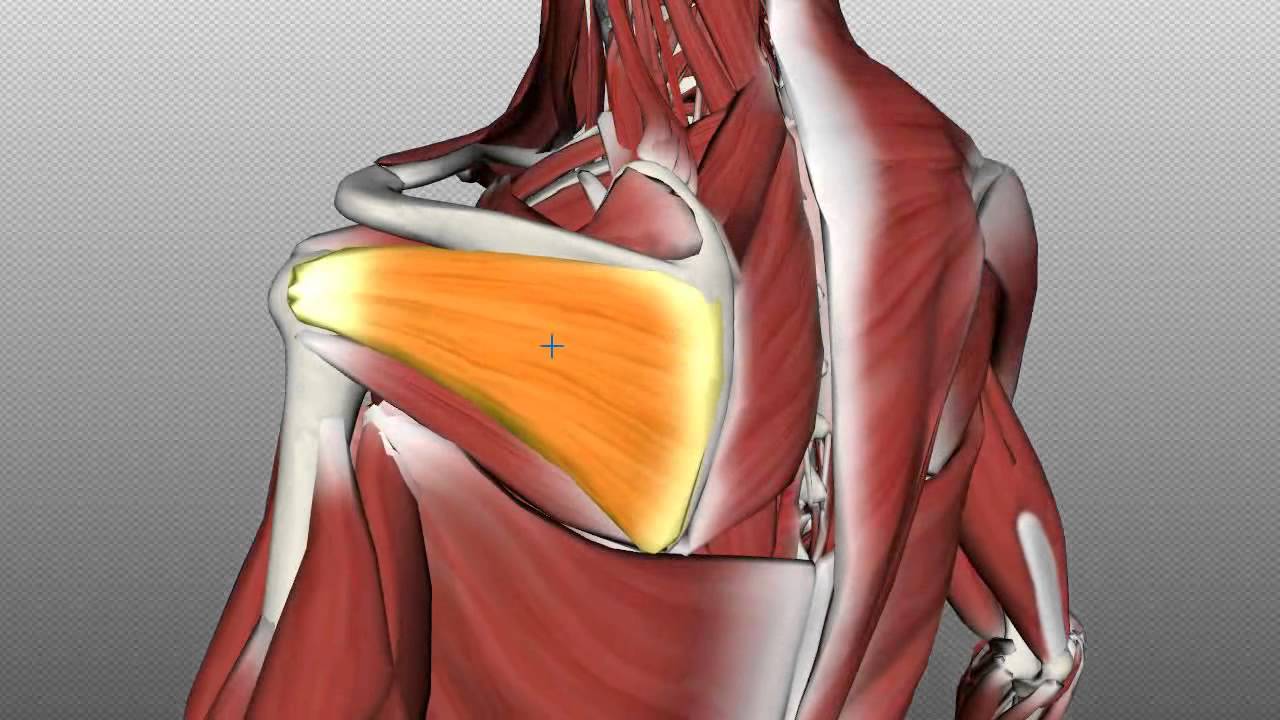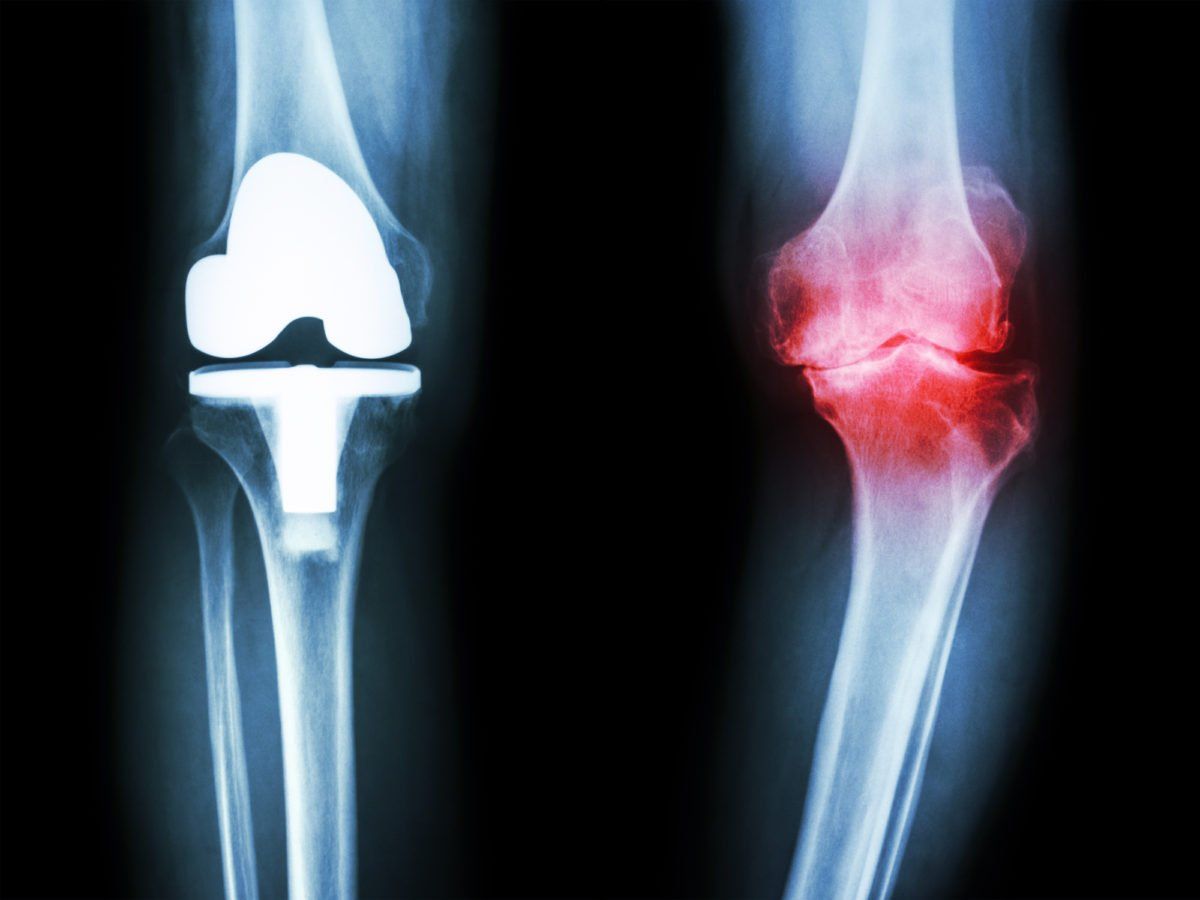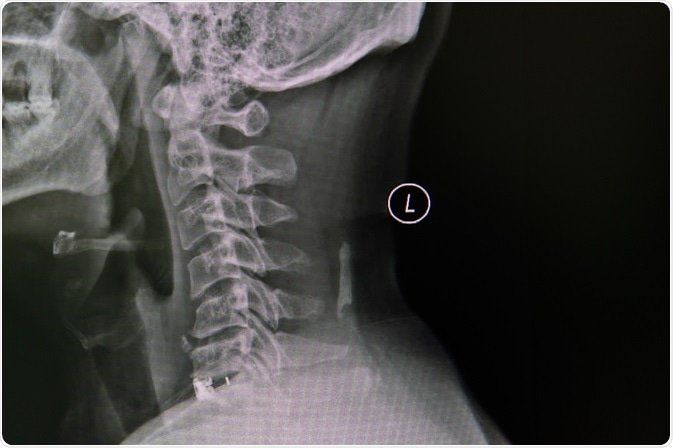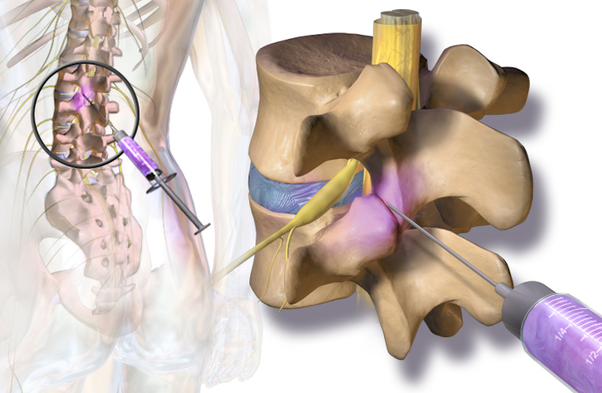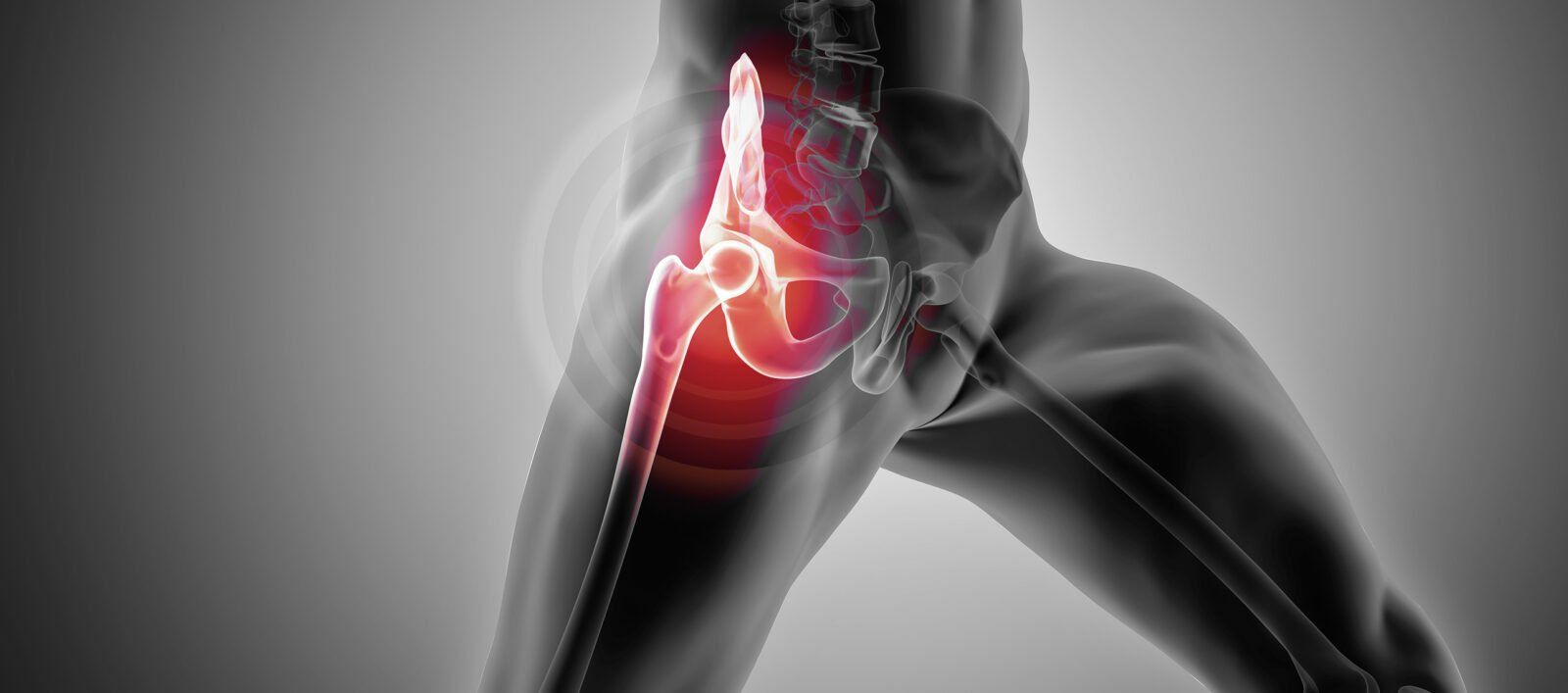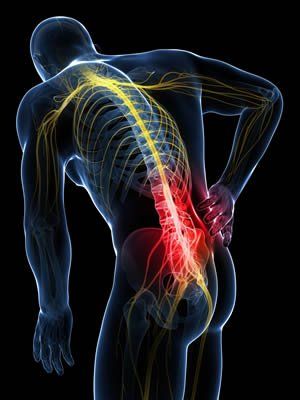Services
Smokers three times likelier to face chronic back pain

Eight out of ten Americans suffer from back pain at some point in their lives, according to the American Chiropractic Association, and back pain is the most common reason for missed days at work. A new study published in the journal Brain Mapping indicates that if you smoke, you’re more likely to experience chronic back pain.
Researchers at the Feinberg School of Medicine at Northwestern University found that smoking may strengthen some of the brain circuitry associated with chronic pain (defined as pain lasting five years or more). Among 160 participants studied over a one-year period, smokers had much stronger links between two areas of the brain — the nucleus accumbens and the medial prefrontal cortex – making smokers particularly vulnerable to chronic back pain.
The researchers already knew that the stronger the link between these two areas of the brain, the more likely a person is to developing chronic pain; their key discovery was in making the connection between smoking and increased activity between these two brain areas, showing that smokers are less resilient to chronic back pain. According to the team’s calculations, smokers are actually three times more likely to develop chronic back pain than nonsmokers.
The good news for smokers, however, is that quitting reverses this link. The study participants who quit smoking saw a dramatic change in their brain circuitry in subsequent MRIs. As the leader of the research team, Bogdan Petre, explained, “When they stopped smoking, their vulnerability to chronic pain also decreased.”
If you’re ready to explore the possibility of quitting smoking, there are countless free resources at your disposal. The National Cancer Institute has a free tobacco quit line: 1-877-44U-QUIT and a helpful website: http://smokefree.gov/free-resources. The American Cancer Society provides guidance: http://www.cancer.org/healthy/stayawayfromtobacco/quitting-smoking-help-for-cravings-and-tough-situations, as does the National Cancer Institute: http://www.cancer.gov/cancertopics/factsheet/tobacco/help-quitting. The Centers for Disease Control offer support at 1-800-QUIT-NOW and www.cdc.gov/tobacco/quit_smoking/index.htm. QuitNet provides 24/7 online support and a directory of local resources: www.quitnet.com, and Nicotine Anonymous offers face to face meetings and support groups: 1-877-TRY-NICA and www.nicotine-anonymous.org. If you’re having trouble quitting, speak with your healthcare professional.

